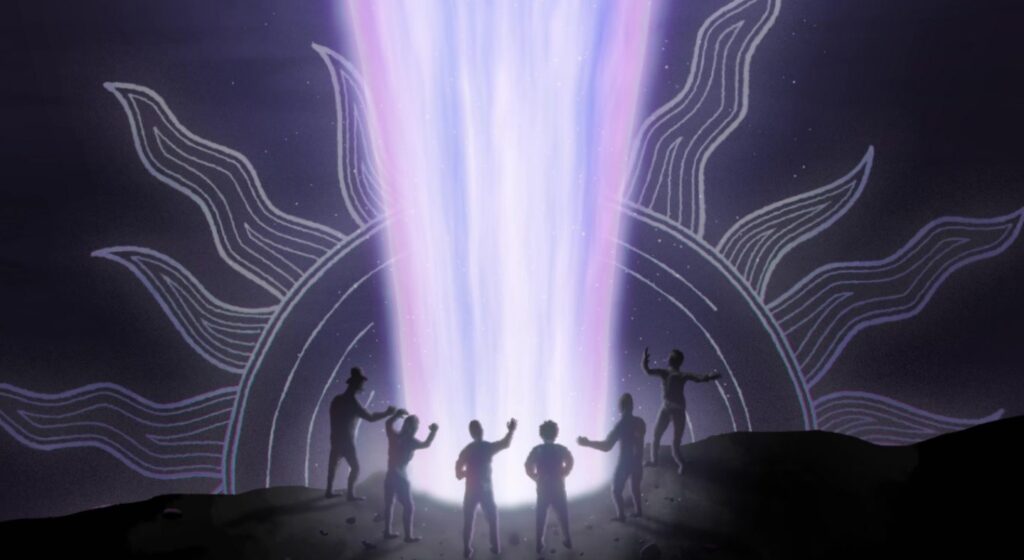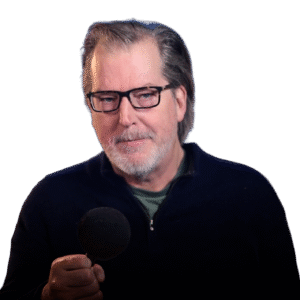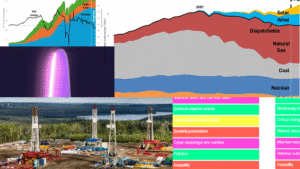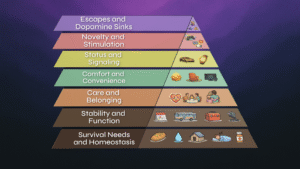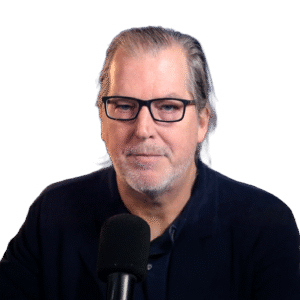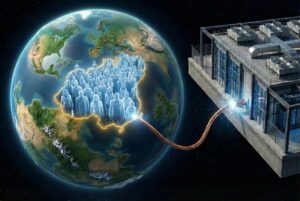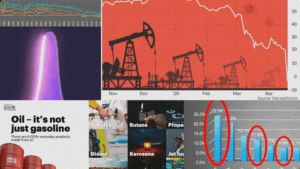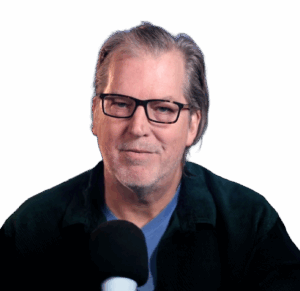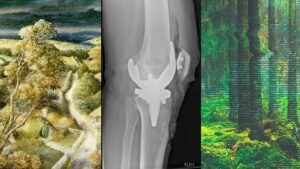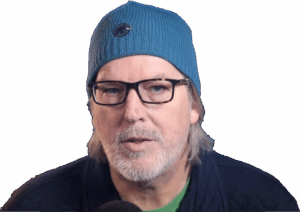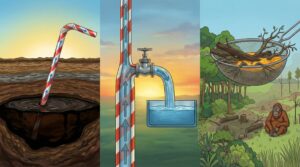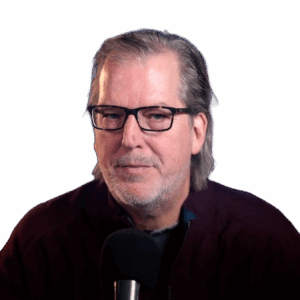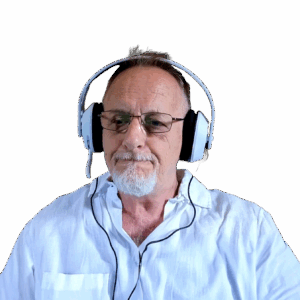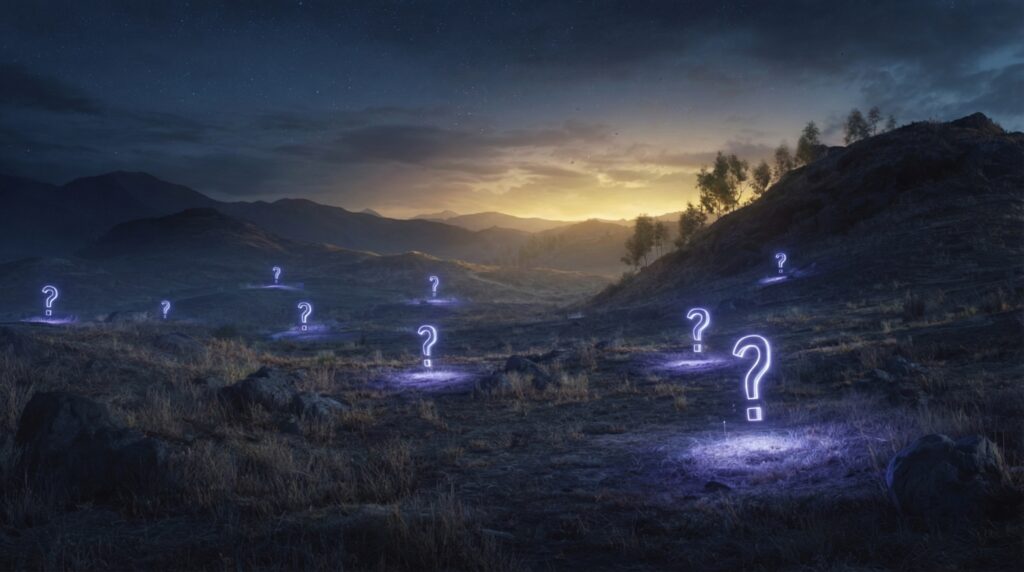
Podcast
The Great Simplification with Nate Hagens shines a light on the foundations of the human predicament, revealing how energy, the environment, economics, human behavior, and systems science intertwine.
Filter
That’s very understandable because with left hemisphere thinking, one of the problems is that you see everything as a series of problems that must have solutions. Iain McGilchrist Neuroscientist and Philosopher
What we’re seeing is probably the largest mass movement of marine life, at least in the last 10,000 years, towards the poles. Malin Pinsky Associate Professor
The worst thing you can do to people is make them feel that whatever they do, it doesn’t matter. What we call in psychology “helplessness” — or even stronger, learned helplessness. Maren Urner Professor, Sustainable Transformation
We can’t have hundreds and hundreds of real relationships that are healthy because that requires time and effort and full attention and awareness of being in real relationship and conversation with the other human. Nate Hagens Executive Director ISEOF
30 min overview
The Great Simplification Animated Series is a 32-minute animation – in four acts – describing the backdrop for an economic and cultural transition beginning in the not-too-distant future. Energy Blind reveals how fossil fuels shaped our world, while The Human Superorganism shows their impact on economies and ecosystems. The Human Being examines the psychology behind our short-term thinking, and The Great Simplification encourages a systems-thinking approach to future challenges. With detailed notes and transcripts, this series offers a thought-provoking look at our past, present, and future. You can also enjoy all four parts together in our Animated Movie.
